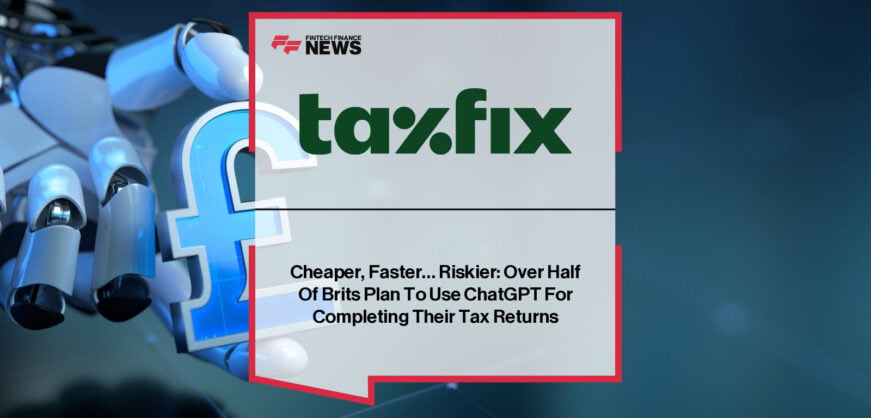Breaking News

Experian and Operation HOPE Find Most Consumers Are Managing Credit Well
As we end the second summer since the arrival of COVID-19, Experian today announced key findings from its 12th annual State of Credit report. This year’s report also serves as a launch for Operation HOPE’s all-new HOPE Financial Wellness Index, which will help shine a consistent light on the current state of consumer credit. Despite a challenging year and a half, the new data shows consumers are managing credit well, with average credit scores climbing seven points since 2020 to 695 – the highest point in more than 13 years.
According to Experian’s report, many consumers were managing credit well before the pandemic’s arrival and the accommodations afforded by the Coronavirus Aid, Relief, and Economic Security (CARES) Act may have helped consumers protect their financial health. At the same time, stay-at-home orders and record savings levels may have contributed to lower unsecured and total debt levels, lower credit utilization rates, and fewer missed payments.
This year, Experian is partnering with Operation HOPE – the nation’s largest nonprofit dedicated to improving financial literacy – to launch the HOPE Financial Wellness Index, which highlights the average credit score in every state and city.
According to the index, consumers in Minnesota have the highest credit scores with an average of 726, followed by Vermont (719), New Hampshire (718), Washington (717) and Massachusetts (716). States with the lowest credit scores were found in the south, including Mississippi (666), Louisiana (669), Alabama (672), Oklahoma (672), and Texas (673).
The HOPE Financial Wellness Index will be updated regularly and will be used to develop programming and identify communities most in need of financial education and resources.
“We believe credit education plays an important role in driving financial inclusion and helping consumers reach their fullest potential,” said Alex Lintner, President Experian Consumer Information Services. “While these findings are positive, we recognize they do not tell the full story and many consumers face financial obstacles due to a limited credit history. We are committed to working with consumers, as well as our partners like Operation HOPE, to improve financial equity and access.”
Given the unique circumstances of 2020, this year’s report compared credit trends over the last three years. While consumers took on more mortgage and auto debt, score improvements were supported by fewer missed payments, lower credit utilization rates, and reduced card balances and total debt levels year-over-year and prior to the pandemic’s arrival.
>“While consumers on average are managing their credit histories well, we know there are many communities in critical need of more financial education and resources,” said John Hope Bryant, Operation HOPE founder and CEO. “By helping people raise their credit scores, we are empowering them to take advantage of one of our nation’s most democratic tools. From housing and employment to healthcare and education, creditworthiness can be leveraged to improve our overall quality of life. We’re committed to using the HOPE Financial Wellness Index as a force for good in the communities we serve.”
State of Credit also spotlights how each generation is managing their debts, showing scores have improved for every generation year-over-year. This trend is attributed to declining utilization rates and fewer missed payments. Credit utilization rates have declined for nearly every generation since 2019 except Gen Z who saw a slight uptick year-over-year. Similarly, credit card balances decreased for consumers of all age groups except Gen Z who increased their balances by $115 year-over-year.
Across the board, consumers are missing fewer payments, with notable improvements seen among the youngest consumers. Gen Z decreased their 90 – 180 days past due delinquency rate by 29 percent year over year to 1.73 in 2021. This is a 72 percent decrease from the same period in 2019. Millennials also decreased their 90 – 180 days past due delinquency rates to 1.73 percent in 2021, down from 4.4% in 2021 and 10.6 percent in 2019.
Companies In This Post
- Cheaper, Faster… Riskier: Over Half Of Brits Plan To Use ChatGPT For Completing Their Tax Returns Read more
- WorkFusion Raises $45 Million in Funding to Fuel Growth for Agentic AI for Financial Crime Compliance Read more
- AI-Powered E-commerce, Stablecoins and Local APMs: Emerging Trends Headline EBANX’s Payments Summit in Mexico Read more
- Second Day of Money20/20 Middle East Unveils Next-Gen Solutions at the Region’s Largest Ever Fintech Gathering Read more
- United Gulf Financial Services Joins The Hashgraph Association and Exponential Science Foundation Adding $1M to Hedera Africa Hackathon Pool Prize Read more



















